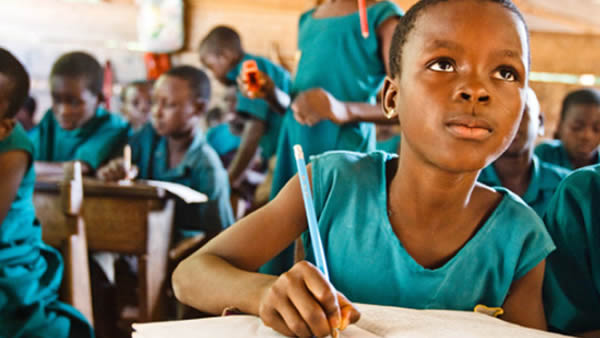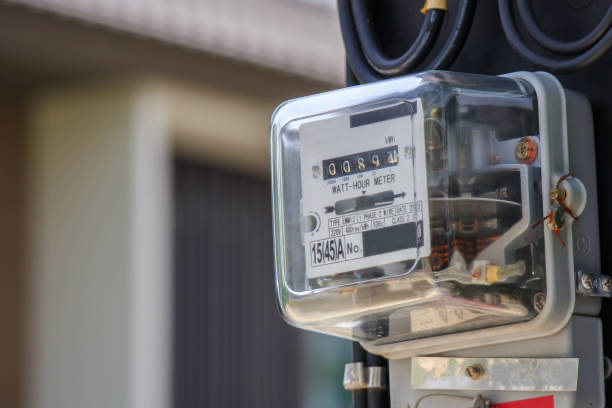Place your adverts here on InfoDig @ low rates; banner ads, sponsored links and guest articles etc. Contact us
The International Day of the Girl Child, celebrated annually on October 11, was established by the United Nations in 2012. It brings attention to the challenges girls face globally while promoting their empowerment and the fulfillment of their human rights.
Aisha was born in a small village where cultural norms often placed limitations on girls’ education. By the age of 10, many of her peers had already dropped out of school, forced into early marriage. But Aisha had a dream: she wanted to be a doctor. She didn’t just want to heal people; she wanted to challenge the cycle that kept girls like her from reaching their full potential.
Despite opposition, Aisha convinced her parents that she should continue her education. She started attending classes with boys in the neighboring town, walking miles daily. She faced ridicule, yet her determination never wavered. With time, her resilience paid off. Aisha is now a medical student, set to become the first doctor from her village. Her journey is a testament to the power of education and the limitless potential that lies in every girl, if given the chance.
The Bigger Picture: Why Girl Child Matter
Aisha’s story is not unique. Across the globe, girls face various challenges—from poverty and gender-based violence to unequal access to education. According to UNICEF, over 130 million girls worldwide are out of school. This not only hinders their personal development but also impacts society. Educated girls are more likely to delay marriage, have fewer and healthier children, and contribute to the workforce, boosting economic growth.
Challenges Faced by Girl Child Globally
1. Early Marriage: Many girls are forced into marriage before the age of 18, halting their education and exposing them to health risks.
2. Education: While global efforts have increased school attendance for girls, many still face barriers such as cost, cultural expectations, and safety concerns.
3. Gender-Based Violence: From physical abuse to sexual exploitation, girls often face violence in both their homes and schools.
Global Efforts for Change
Organizations and governments are working hard to combat these challenges. Programs like “Let Girls Learn” and UNICEF’s “Education for Every Girl” are leading the charge. These initiatives aim to remove barriers and ensure that every girl has the opportunity to thrive.
But it’s not just about policies and aid programs. Communities play a crucial role in transforming attitudes. Parents, teachers, and local leaders must be involved in advocating for girls’ rights, dismantling the harmful stereotypes and practices that keep girls from reaching their full potential.
What Can We Do?
The International Day of the Girl Child reminds us of the work that still needs to be done. It’s a call to action for everyone—governments, NGOs, corporations, and individuals alike. To truly transform the future, we must invest in girls’ education, health, and empowerment. Supporting initiatives that tackle early marriage, ensure school access, and provide health resources can drastically change the trajectory for millions of girls.
This year, as we celebrate the International Day of the Girl Child, let’s remember that empowering a girl doesn’t just change her life—it changes the world.
Call to Action
On this day, raise your voice for the girls like Aisha who are defying odds and breaking barriers. Support organizations that focus on girls’ education and rights. Advocate for policies that protect girls from violence and exploitation. By doing so, we can ensure that every girl has the opportunity to lead, learn, and grow into the powerful changemaker she was born to be.
Let’s celebrate the girls of today—our leaders, doctors, and innovators of tomorrow.








)





 English (US) ·
English (US) ·